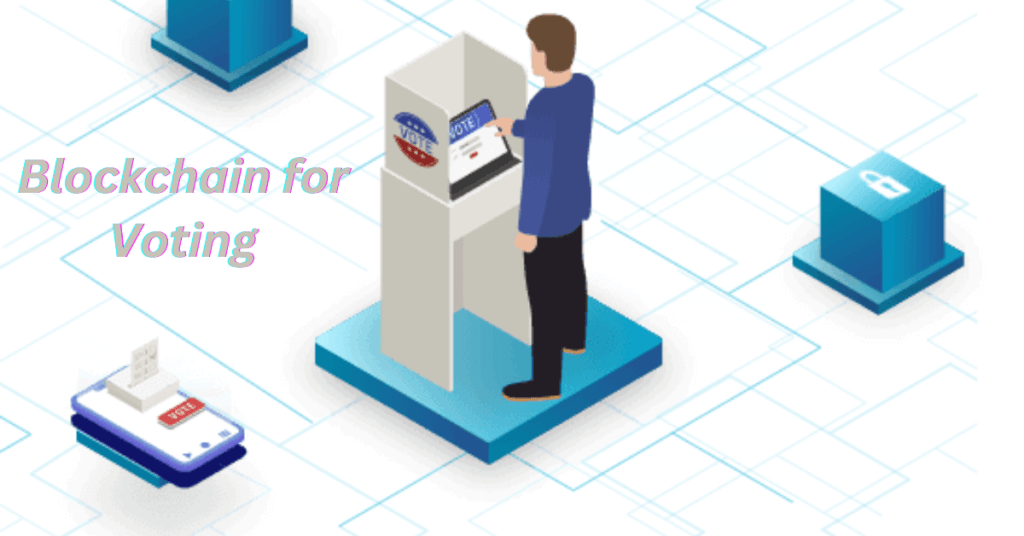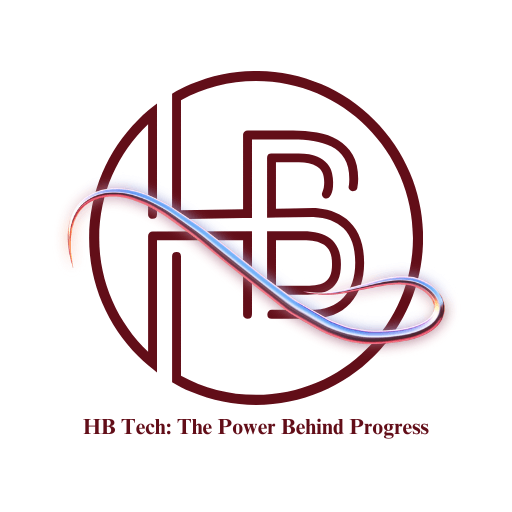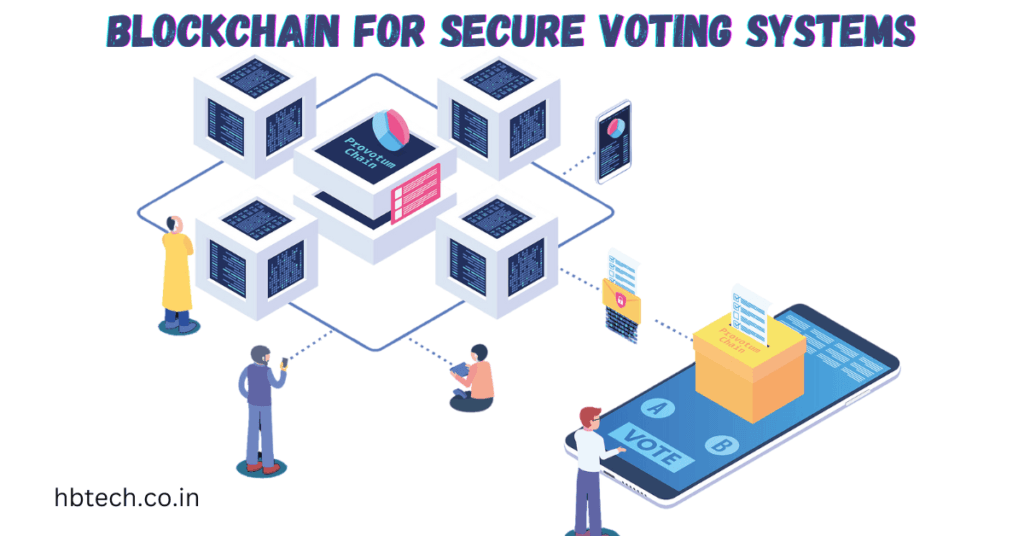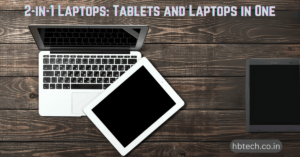Blockchain technology is transforming various industries and one exciting application is its use in secure voting systems. Traditional voting methods often face issues like fraud, lack of transparency and tampering. Blockchain offers a decentralized, secure and transparent way to conduct elections, making them more reliable and efficient .

Why Use Blockchain for Voting?
Blockchain is based on a decentralized ledger system, where data is stored across many nodes. This ensures :
- Transparency : Everyone involved can verify the voting process.
- Security : Cryptographic techniques protect data, making it nearly impossible to hack.
- Immutability : Votes recorded on the blockchain cannot be altered .
- Accessibility : Blockchain enables secure remote voting, making elections more inclusive.
Blockchain Voting in India
In India, managing elections for a vast and diverse population is a big challenge. The Election Commission of India is exploring blockchain to address problems like voter fraud, booth capturing, and logistical difficulties. A blockchain-based voting system in India could:
- Enable Remote Voting : People like migrant workers and overseas citizens can vote without traveling to polling stations.
- Ensure Transparent Counting : Blockchain ’s immutable nature ensures every vote is counted accurately.
- Prevent Fake Votes : Using blockchain-based voter identification ensures only genuine votes are cast.
How Secure Digital Voting Works with Blockchain
A secure voting system using blockchain includes the following steps :
- Voter Registration : Voters are authenticated using digital IDs or biometric data.
- Casting Votes : Votes are recorded on a blockchain ledger . Smart contracts verify and count votes automatically.
- Results : Real- time vote counting makes result announcements faster and more transparent.
Can Blockchain Be Used for Voting?
Yes, blockchain can be used for voting, but it must be implemented carefully to address technical and social challenges. Key factors to consider include :
- Scalability : The system must handle millions of votes efficiently.
- User-Friendliness : The interface should be simple for all voters.
- Legal Compliance : Laws must support the use of blockchain in elections .
Examples of Blockchain Voting Systems
- Voatz : A mobile voting app using blockchain , tested in the U.S. for overseas and disabled voters.
- Follow My Vote : An open-source blockchain platform aimed at providing transparent elections.
- Swiss Blockchain Voting Trials : Local governments in Switzerland have tested blockchain for secure elections .
How Blockchain Makes E-Voting Secure
Blockchain-based e-voting reduces fraud and increases public trust by providing features like :
- Encryption : Protecting voter data and choices.
- Decentralized Storage : Ensuring data is not controlled by a single authority .
- Audit Trails : Allowing real-time monitoring and verification of the voting process.
A Case Study: Secure Voting Using Blockchain
A research paper titled “Secure Digital Voting System Based on Blockchain Technology” highlights how blockchain can improve e-voting. By using cryptographic methods and decentralized networks, the system ensures:
- Authentication : Multi-factor verification of voter identity.
- Confidentiality : Encryption to protect voter privacy .
- Data Integrity : Votes stored on blockchain remain unaltered.
Open-Source Blockchain Voting Projects
Developers have created several open-source blockchain voting solutions available on GitHub, such as :
- Ethereum-Based Voting : Smart contracts to securely count votes.
- Hyperledger Fabric : Permissioned blockchains for private elections.
- Decentralized Apps (DApps) : Customizable voting systems for different needs.
Challenges of Blockchain Voting
Despite its potential, blockchain voting faces some challenges :
- Technical Expertise : Setting up and managing the system requires skilled professionals.
- Voter Privacy : Maintaining anonymity while ensuring transparency .
- Legal and Regulatory Issues : Governments need to create policies for blockchain voting.
- Cost : High initial investment for infrastructure and development.
Future of Blockchain Voting
As countries like India explore blockchain for elections, the future of secure and transparent voting looks bright. With ongoing advancements, blockchain could transform elections worldwide, ensuring fairness and trust for all voters .
In summary, blockchain technology has the potential to solve major issues in traditional voting systems by offering a secure, transparent and inclusive way to conduct elections. However, collaboration between governments, tech experts and policymakers is crucial to overcome challenges and make blockchain-based voting a reality.
Frequently Asked Questions(FAQs)
What is blockchain technology?
Blockchain is a decentralized digital ledger that records data across multiple nodes. It ensures security, transparency, and immutability by making it nearly impossible to alter or hack the stored data.
Why is blockchain suitable for voting systems?
Blockchain offers transparency, security, and immutability, which address major issues in traditional voting systems, such as fraud, tampering, and lack of accessibility. It also supports secure remote voting.
How does blockchain improve transparency in voting?
With blockchain, every vote is recorded on a public ledger that all stakeholders can verify. This makes the process transparent while ensuring the data remains secure and unalterable.
What challenges does blockchain voting face?
ome challenges include:\n- The need for technical expertise to implement and manage the system.\n- Balancing voter privacy with transparency.\n- High initial costs for infrastructure.\n- The need for legal frameworks to support blockchain-based voting.
What is a secure digital voting system based on blockchain?
It is a voting system that uses blockchain technology to secure voter registration, ensure accurate vote counting, and prevent tampering or fraud, all while enabling real-time transparency.









